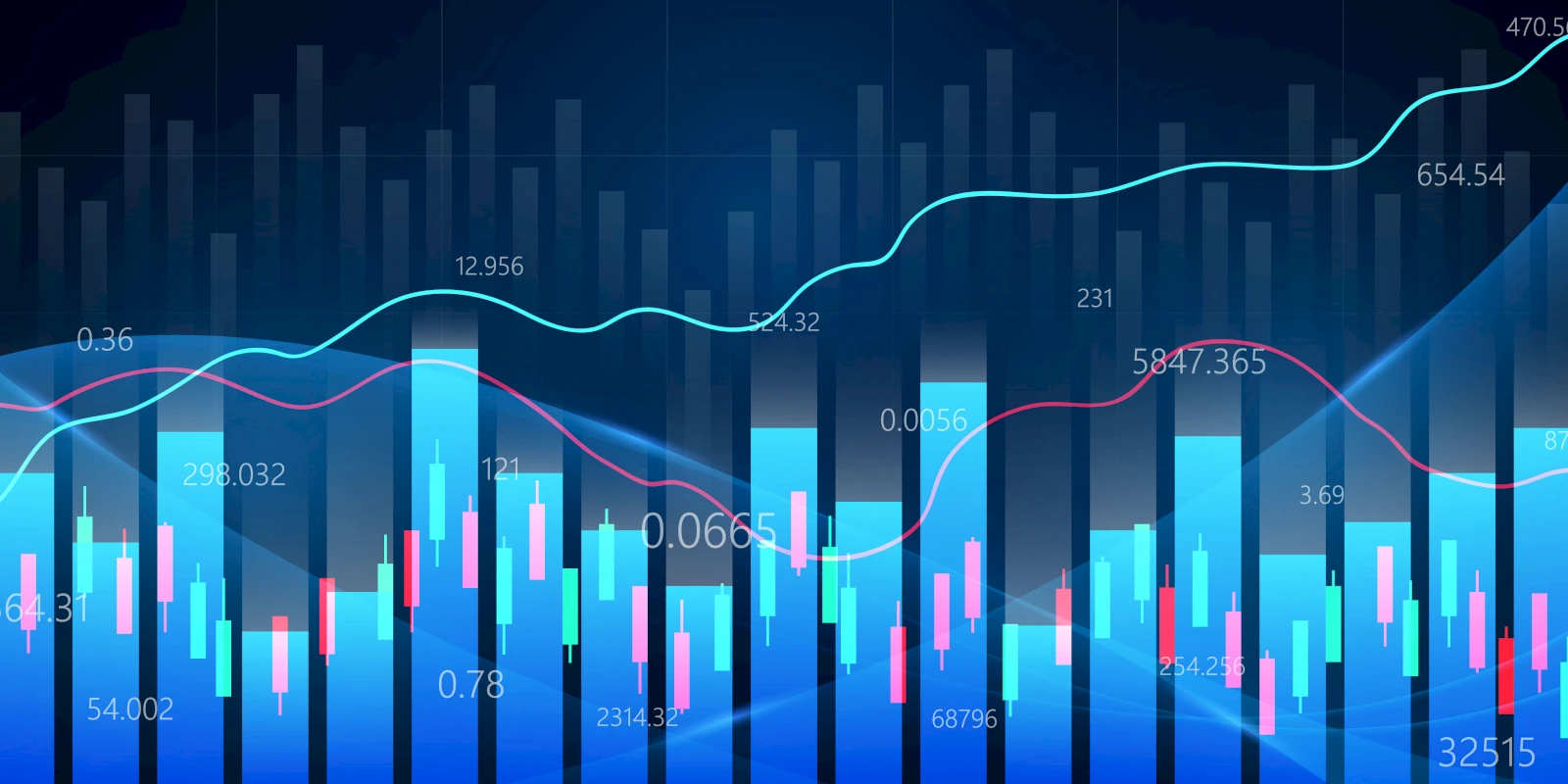Exploring Economics at the Highest Level: How Difficult is a Ph.D. in Economics?

Blog / February 20, 2025
phd in economicsPhd in Economics eligibilityIs PhD in Economics difficultEconomics goes beyond statistical representations because it serves as the fundamental power which guides societal operations and enables business development alongside governmental decision-making. Economic activities, starting with ancient trading systems, have developed into the global markets of today, which reform the world through diverse economic mechanisms. Economic professionals continuously adapt to contemporary challenges by shaping inflation rates while creating jobs and developing financial policies.
A Ph.D. in Economics is the ultimate academic milestone for those who want to dive deep into economic theory, policy-making, and research. Economic research provides students with an intellectual quest to grasp systems at the deepest level in order to develop practical solutions that impact financial change. This program provides knowledge and analytical skills that empower you to create meaningful differences between various professions, such as economic research, policy analysis, and financial consulting.
Economic success relies on creativity and knowledgeable decisions within the current quick-moving, interconnected environment. A Ph.D. in Economics enables students to acquire advanced expertise for influencing markets, guiding businesses, and shaping future global financial systems.

Source: https://www.helpwithassignment.com/
Understanding a Ph.D. in Economics
A Ph.D. in Economics is an intensive research-focused program shedding light on advanced economic theories, quantitative methods, and real-world economic issues. The program has an organizational framework that strengthens analytical capabilities for scholars who evaluate economic policies while assessing market trends and making academic contributions.
The coursework in a Ph.D. program typically covers:
- Microeconomics and Macroeconomics: Advanced studies conducted on consumer behavior, market structures, economic growth, and monetary policy.
- Econometrics: the application of statistical and mathematical models for the analysis of economic data and the testing of economic theories.
- Public Economics and Policy: The analysis of the government's position in economic systems and the effect of fiscal policy is concerned with.
- International Trade and Finance: Dealings in international trade, exchange rate dynamics, and other financial market topics.
- Development Economics: Concerning the study of economic growth, policies designed to eradicate poverty and reduce inequality.
In addition to coursework, Ph.D. candidates undertake independent research, often leading to innovative solutions for economic challenges in industries, governments, and financial institutions.
Ph.D. in Economics Eligibility
Aspiring candidates need to fulfill specific requirements in order to apply for a Ph.D. in Economics. Unifying entry criteria include the following requirements that colleges use for admission:
- Candidates need an Economics Master’s degree or any comparable Finance, Mathematics or Statistics degree from a recognized academic institution.
- A strong academic record with a minimum required GPA or percentage.
- Prospective applicants need to achieve qualifying results from GRE exams together with UGC-NET or university entrance tests.
- Students need to present an organized research proposal which contains their research interests.
- The admission process demands students to demonstrate experience from their past work or previous research activities focused on economics or similar academic disciplines.
Is Ph.D. in Economics Difficult?
A common question that arises among prospective students: Is Ph.D. in Economics difficult? The difficulty of pursuing a Ph.D. in Economics depends on three main factors: academic background, research ability and dedication to strict academic standards.
The challenges of pursuing a Ph.D. in Economics include:
- Extensive Research Requirements – The program needs prospective students to dedicate years of intensive research work.
- Advanced Mathematical and Statistical Skills – Proficiency in econometrics, calculus, and statistical modeling are crucial.
- Critical Thinking and Problem-Solving – Candidates need to develop original solutions for solving complicated economic problems.
- Time Commitment – A complete Ph.D. program normally ranges from 4 to 6 years, requiring students to remain devoted throughout this period.
Career Options after a Ph.D. in Economics
A Ph.D. in Economics opens doors to diverse career paths, including:
- Academic Roles – Becoming a professor or researcher at universities and think tanks.
- Government and Policy Analysis – Advising on economic policies, taxation, and regulatory frameworks.
- Corporate Sector – Working as an economist for multinational corporations, investment banks, and financial institutions.
- International Organizations – Opportunities with the World Bank, International Monetary Fund (IMF), and United Nations (UN).
- Entrepreneurship and Consultancy – Providing economic expertise to businesses and policymakers.
With economic complexities increasing globally, the demand for skilled economists continues to rise, making a Ph.D. in Economics a valuable investment for aspiring professionals.
Master the Markets: Ph.D. in Economics @ Shiv Nadar University (Institution of Eminence)
The School of Humanities & Social Sciences at Shiv Nadar University offers a well-structured Ph.D. in Economics that mirrors its dedication to advanced research and intellectual exploration. This program is curated to cultivate scholars capable of contributing significantly to the field of economics.
The Doctoral program in Economics aligns with this vision, allowing students to delve into advanced economic theories, techniques, and applications. Additionally, when pursuing a Ph.D. in Economics, you will get an opportunity to choose electives offered by the department in recent years:
- Industrial Organization
- Public Economics
- International Trade
- Environmental Economics
- Growth and Inequality
- Individual and Collective Choices
- Contract Theory
The university's status quo underscores its emphasis on creating a global center for learning and research. The university provides a conducive learning environment, fostering innovation and intellectual growth.
Final Thoughts
Pursuing a Ph.D. in Economics greatly rewards people who want to grasp and affect economic policy structures, worldwide market systems and monetary institutions. Students will encounter demanding assignments but can access exciting, fulfilling jobs through this program.
Students who satisfy the Ph.D. in Economics qualifications and demonstrate active research interests will achieve academic wins through this program while becoming successful professionals. Shiv Nadar University serves as an ideal environment for students to develop their economic skills while conducting impactful research to establish their careers as economists. Apply now and take your academic career to the next level.